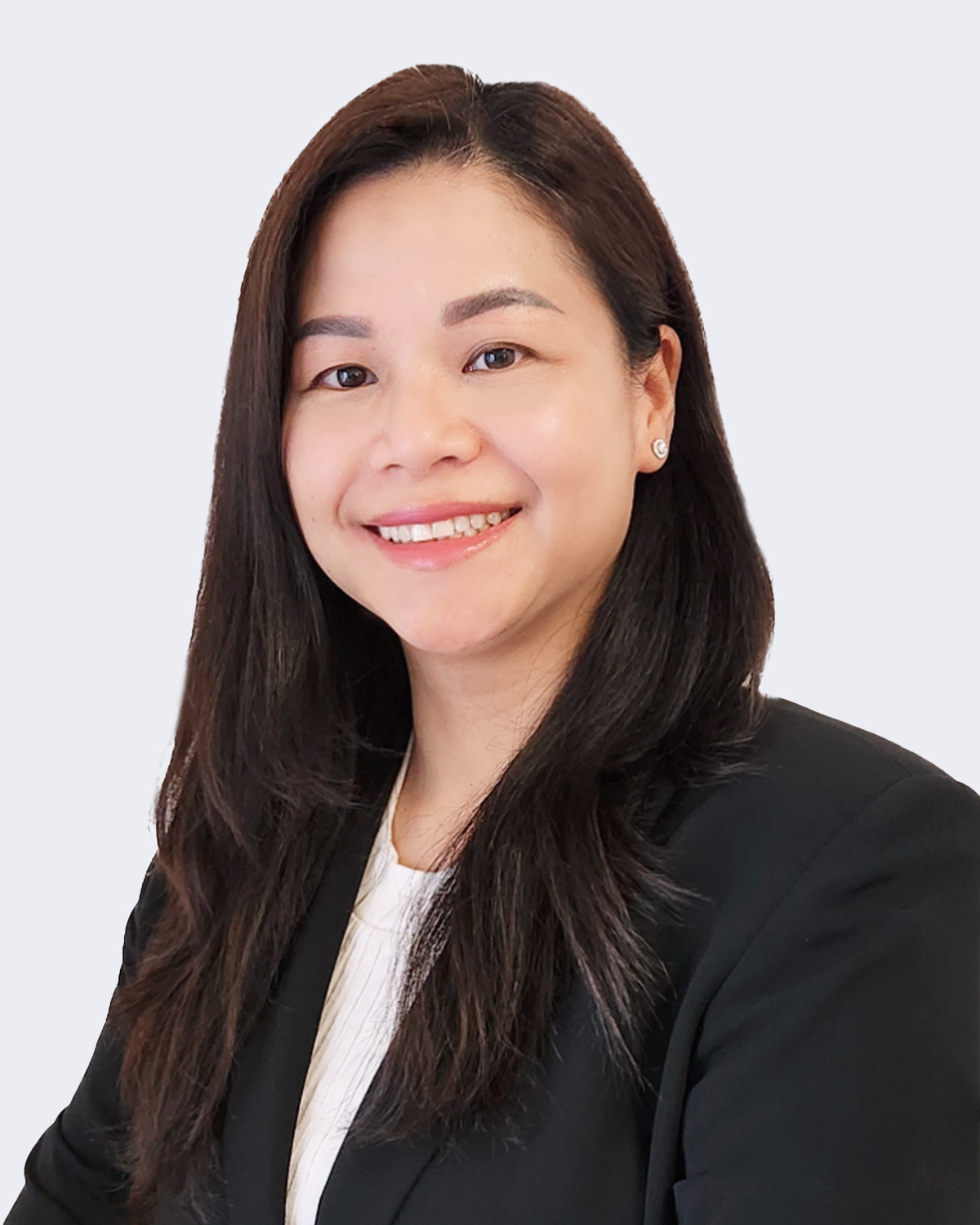Southeast Asia has experienced a significant increase in foreign investment, which has not only brought innovation but also raised questions about protecting such innovation. Investors are increasingly interested in patenting the proprietary technology that plays a vital role in numerous businesses today.
Recently, particular interest has been shown in innovations related to artificial intelligence (AI) technology and software. Are these types of innovations patentable, and if so, how? When it comes to Southeast Asia, the answers to these questions are not straightforward, due to the lack of uniform patent laws across the region.
Issues of Patentability
The patentability of computer software has long been a topic of discussion, predating the emergence of AI tools. Many jurisdictions have specific rules regarding the patentability of software. Pure software, defined solely by source code, may not qualify for patent protection but can be safeguarded under copyright laws. AI-related software often involves intricate algorithms, datasets, and training methodologies that pose challenges when it comes to satisfying the enablement requirement for disclosure. However, algorithms, mathematical methods, and abstract ideas are generally considered non-patentable subject matter in many jurisdictions. Although software implementing AI may incorporate innovative algorithms, obtaining patents solely for algorithms can be difficult in certain countries.
For instance, Indonesia, Myanmar, Thailand, and Vietnam explicitly exclude computer programs from patentable subject matter. However, a potential workaround in these countries is to describe the software as being connected to a tangible medium. This approach could overcome rejections based on subject matter during substantive examination. Moreover, in Indonesia, a computer program can be eligible for patent protection if its characteristics (i.e., instructions) have a technical effect and serve to address a tangible or intangible problem.
Among Southeast Asian countries, Singapore has the most lenient patent regime, even explicitly addressing AI innovations. The country has implemented a special fast-track scheme called the Accelerated Initiative for Artificial Intelligence, enabling patent applications related to AI to be granted within six months from the filing date.
Patent Drafting Considerations
When drafting patent applications for AI technology and software in Southeast Asia, it is crucial for patent drafters to be well-versed in the specific patentability requirements of each country in the region. One approach to consider during drafting is to establish a connection between the software and a tangible medium in the description. If the software can be linked to a tangible medium, it increases the chances of patentability.
Even if patent claims in other regions, such as the U.S., do not require such a connection with a tangible medium, when entering Southeast Asia, the claims can be amended to include this connection without expanding the scope of the application, provided the necessary information already exists in the description. This implies that AI technology and software can be patentable as part of a broader invention that meets patentability criteria.
Potential Strategies for Prosecution
To expedite the prosecution process for patenting AI (or any other) innovations, applicants should explore options for accelerated examination. ASEAN member countries have established a scheme known as the ASEAN Patent Examination Cooperation, accepting examination results from one another.
Additionally, many Southeast Asian countries have agreements for accepting patent examination results from other countries, referred to as “patent prosecution highways” (PPHs). For instance, Cambodia has an agreement to validate European patents without further examination. Indonesia, Thailand, and Vietnam have PPH agreements with Japan, allowing patent applicants to utilize the examination results of corresponding Japanese patents that have already been granted to expedite the examination process in their respective countries. While the examiner in the receiving country will still evaluate the application to ensure compliance with its patent laws, the examination result from Japan should facilitate a faster examination process.
Successfully patenting AI technology and software in Southeast Asia necessitates a nuanced approach that considers existing laws and procedures, as well as new considerations brought about by cutting-edge technology. As businesses continue to innovate and develop proprietary technology, it is crucial to devise a comprehensive strategy for safeguarding these valuable assets through patents. By staying abreast of the latest developments in the field and working closely with experienced legal professionals, businesses in Southeast Asia can navigate the intricate patenting process and secure the necessary protection to maintain a competitive advantage in the rapidly evolving global marketplace.
This article first appeared in Managing Intellectual Property.





